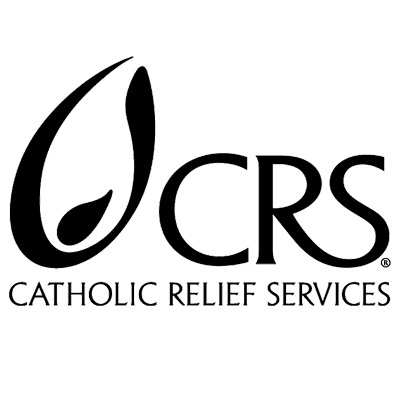
How might we determine what factors enable or threaten long-term household resilience to create sustainable programming?
Graduate students worked with CRS to develop strategies that bolster household resilience, ensuring communities can withstand and recover from adversities.
Topic(s): Food Insecurity, Sustainability
Location(s); Nigeria
Partnership(s): Catholic Relief Services

Student Team
Emma Hokoda
Sustainable Development, 2024
United States

Colleen Maher
Sustainable Development, 2024
United States

Nancy Obonyo
Sustainable Development, 2024
Kenya

Project Overview
In 2018, 40% of Nigerians lived below the poverty line, and another 25% were vulnerable. Rising threats, including climate change, environmental degradation, and conflict, have plagued Northern Nigeria since the 1990s, displacing communities, destroying productive assets, and disrupting markets. Building resilience, the ability to bounce back from and recover from shocks and stresses in a manner that reduces chronic vulnerability and facilitates inclusive growth is critical for the households in the region. From 2013-18 Catholic Relief Services implemented Feed the Future (FTF) Nigeria, an agricultural-based livelihoods strengthening project.
Five years later, CRS wants to know the long-term impact of project activities, their contributions towards household resilience, and which factors impact sustainable resilience in a chronically-stressed region. This project will utilize appropriate resilience measurement tools to capture the many facets of resilience and identify the factors eroding or building resilience in the Northern Nigeria context. This will be accomplished using a mixed methodological approach employing household surveys, focus group discussions, and key informant interviews with FTF Nigeria beneficiaries, community leaders, implementing partners, and other stakeholders using selected resilience measurement tools. Collected data will be analyzed to examine the durability of resilience-enhancing interventions and understand context-specific factors contributing to these outcomes.
Faculty Team
Tracy Kijewski-Correa
William J. Pulte Director, Pulte Institute for Global Development; Professor of Engineering and Global Affairs; Academic Director, Integration Lab